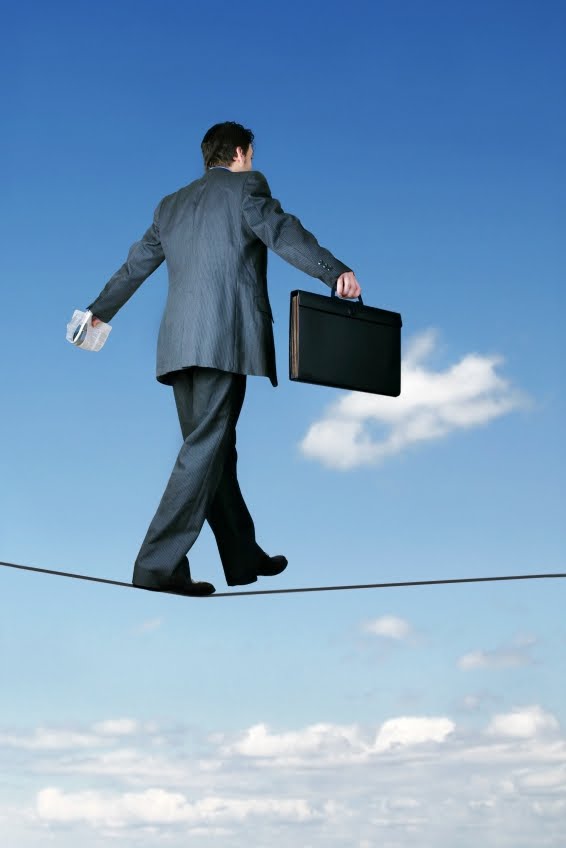 The economic upheavals of recent years have changed Americans in ways that we are still coming to terms with because it marks the end of an era. The Great Recession was anything but an ordinary downturn and the way we live and work has been transformed. Construction and auto jobs have declined by one-third; retail and banking employment is down eight percent. Some of those jobs will return as the economy improves, but Americans must face the new reality that the era of cheap credit, cheap oil and runaway consumerism has vanished – and likely will remain that way at least for the foreseeable future.
The economic upheavals of recent years have changed Americans in ways that we are still coming to terms with because it marks the end of an era. The Great Recession was anything but an ordinary downturn and the way we live and work has been transformed. Construction and auto jobs have declined by one-third; retail and banking employment is down eight percent. Some of those jobs will return as the economy improves, but Americans must face the new reality that the era of cheap credit, cheap oil and runaway consumerism has vanished – and likely will remain that way at least for the foreseeable future.
Writing in The Economist, Greg Ip, a senior writer for The Wall Street Journal, says that “The crisis and then the recession put an abrupt end to the old economic model. Despite a small rebound recently, house prices have fallen by 29 percent and share prices by a similar amount since their peak. Households’ wealth has shrunk by $12 trillion, or 18 percent, since 2007. As a share of disposable income it is back to its level in 1995. And if consumers feel less rich, they are less inclined to spend. Banks are also less willing to lend: they have tightened loan standards, with a push from regulators who now wish they had taken a dimmer view of exotic mortgages and lax lending during the boom.”
Consumer debt was 129 percent of disposable income in 2007, a rise over the 80 percent reported in 1990 – an untenable situation that was destined to come to a bad end. Over the next six or seven years, Americans will slash their debt to more controllable levels, according to the McKinsey Global Institute. Ip notes that “The effect on the economy of deflated assets, tighter credit and costlier energy are already apparent. Fewer people are buying homes, and the ones they buy tend to be smaller and less opulent. In 2008 the median size of a new home shrank for the first time in 13 years. The number of credit cards in circulation has declined by almost a fifth.”
The recession was caused by a financial crisis that harmed the financial system and saw consumers and businesses weighted down by surplus buildings, equipment and debt acquired during the boom. With recovery now in its ninth month, the GDP has grown at approximately four percent and unemployment remains at generational highs. Innovation is being scaled back, because tight credit makes it impossible for start-ups to get the cash they need. Despite the glum news, there is reason for optimism. The Conference Board has reported an increase in consumer confidence, rising to 63.3, an increase over the 57.7 reported in April.
According to Lynn Franco, Director of The Conference Board Consumer Research Center, “Consumer confidence posted its third consecutive monthly gain, and although still weak by historical levels, appears to be gaining some traction. Consumers’ apprehension about current business conditions and the job market continues to slowly dissipate. Consumers’ expectations, on the other hand, have increased sharply over the past three months, propelling the Expectations Index to pre-recession levels (August 2007, 89.2). The improvement has been fueled primarily by growing optimism about business and labor market conditions. Income expectations, however, remain downbeat.”
















